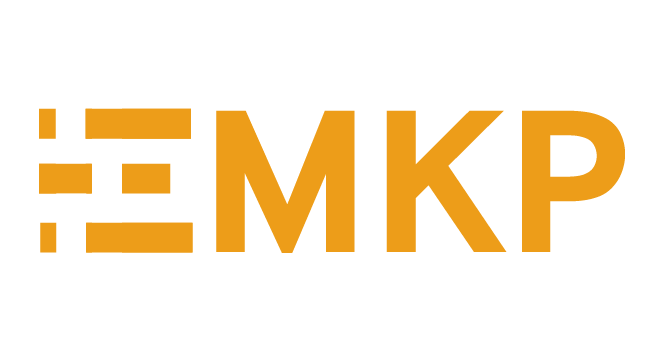Our project aims to record the date production process in the oases, directly related to the material and social structure of mobilisation and regulation of water: the foggara. To do this, we will extensively record a case study: the Othmane Ben Aïssa foggara, 47 km north of the municipality of Adrar (Algeria). The community has managed to preserve in perfect condition all the material elements of this foggara that feed the oasis and the palm groves that produce dates of exceptional quality. At the same time, it is a model of resistance against projects of intensive agricultural production and well drilling.
Intensive groundwater extraction and climate change threaten the traditional social organisation of the oasis and the social and material regulation of water through the foggara. Each farmer receives a flow of water based on his social status and the degree of participation in the maintenance of the material elements of the foggara (galleries, wells, waterwheels and canals) and the beurda (hollow where palm trees grow). Each foggara has a log book (zmam). It is supervised by the nékib (delegate of the imam) and the moukadem, senior dean of the irrigation community (djemaâ). The kayal is the expert who calculates the flow. He uses a hallafa, a leather object with holes of different diameters that measure the water flow.
Primary Applicant:
Juan Ignacio Robles
Co-Applicants:
Tarik Ghodbani
Mohamed Hadeid
Sidi-Ahmed Bellal
Location of Research:
Ksar Layad, Tsabit municipality (Adrar), Algeria
Host Institution:
Universidad Autónoma de Madrid
Top Banner Image: Man observing the foggara in Adrar, Algeria, 2023. (Photo: J. I. Robles)
